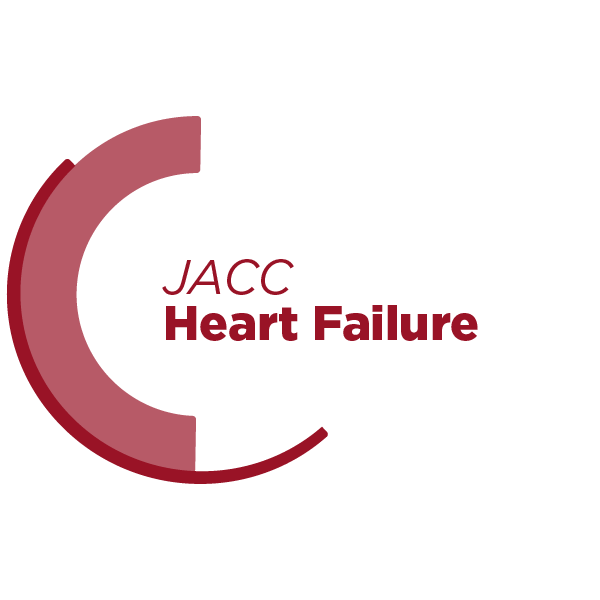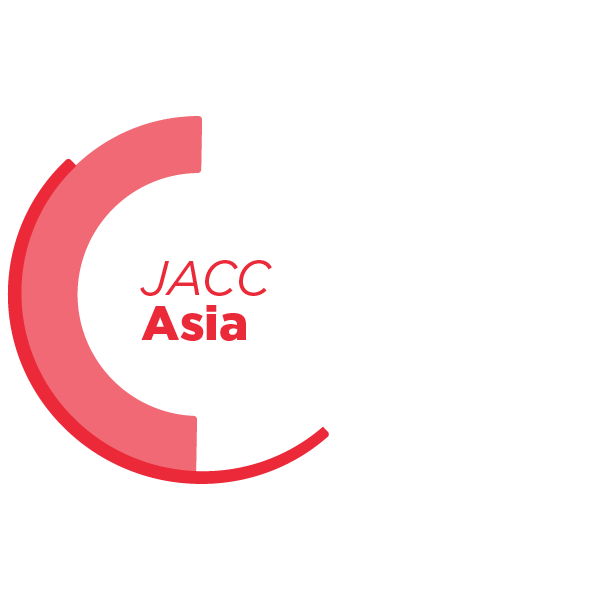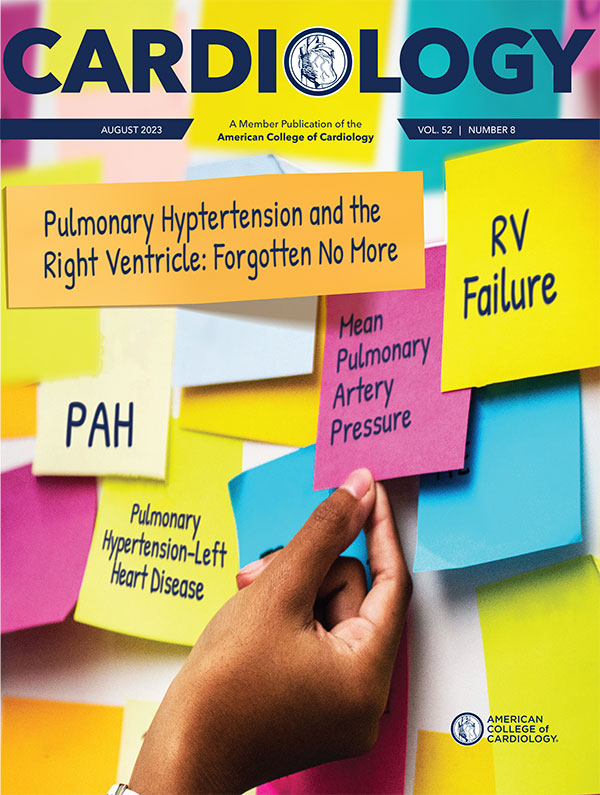JACC in a Flash
Featured topics and Editors' Picks from all of ACC's JACC Journals.

Remote monitoring, used in tandem with a system of care geared toward engaging, informing and empowering patients, is needed to provide heart failure (HF) management at home that effectively controls symptoms, avoids hospitalization and improves the patient's perception of their illness, according to a JACC Scientific Statement.

Heart transplant recipients receiving organs from active COVID-19 positive donors may have an increased risk of death at six months and one year when compared with those receiving organs from recently recovered COVID-19 patients and COVID-19 negative patients, according to a study published in JACC.

Catheter ablation of atrial fibrillation (AFb) is a common procedure associated with potentially significant procedure-related complications, but the rate of these complications as well as mortality are low and decreased over the past decade, according to a systematic review and pooled analysis published in JACC.

Pulmonary vein stenosis (PVS) presents symptoms gradually, leading to significant diagnostic delays and harmful effects on patients. A high index of suspicion and noninvasive evaluations are crucial to diagnosis, and a combination of noninvasive and invasive evaluation may provide further insights into the relative contribution of PVS symptoms, according to a review published in JACC.

A newly developed risk model for atherothrombosis in patients with type 2 diabetes (T2D) has the potential to improve risk assessment and better inform clinical decision-making, according to a study published in JACC.

Polypharmacy is increasingly common among patients with heart failure (HF), including among those with mildly reduced (HFmrEF) and those with preserved ejection fraction (HFpEF) due to their high burden of comorbidities. Dapagliflozin effectively and safely reduces worsening HF or cardiovascular death in patients across a broad range of medication burden, according to a post hoc analysis of the DELIVER trial published in JACC: Heart Failure.

After hospitalization for heart failure (hHF), the risk of rehospitalization as well as costs was high, while the use of guideline-directed medical therapy (GDMT) during the first year after discharge did not increase, according to a study published in JACC: Heart Failure. The findings suggest the need to focus on earlier and greater use of GDMT to reduce these risks.

Serial measures of self-reported symptoms and health-related quality of life (HRQoL) are predictive of heart failure (HF) outcomes among different groups of patients, while also providing the potential for a patient-centered, cost-effective, and straightforward approach to risk stratification, according to new original research published in JACC: Asia as part of a special two-part focused series exploring racial disparities in cardiovascular disease. Other studies included in the series offer insights into additional disparities as they relate to TAVR, bleeding risk, diabetes, ICD implantation and more.
Clinical Topics: Arrhythmias and Clinical EP, Cardiac Surgery, COVID-19 Hub, Heart Failure and Cardiomyopathies, Invasive Cardiovascular Angiography and Intervention, Prevention, SCD/Ventricular Arrhythmias, Atrial Fibrillation/Supraventricular Arrhythmias, Cardiac Surgery and Arrhythmias, Cardiac Surgery and Heart Failure, Acute Heart Failure, Heart Transplant, Interventions and Vascular Medicine
Keywords: ACC Publications, Cardiology Magazine, Tissue Donors, SARS-CoV-2, COVID-19, Heart Transplantation, Quality of Life, Heart Failure, Hospitalization, Patient Care Team, Vaccination, Power, Psychological, Atrial Fibrillation, Ischemic Stroke, Diabetes Mellitus, Type 2, Catheter Ablation, Thrombolytic Therapy, Stroke Volume
< Back to Listings


